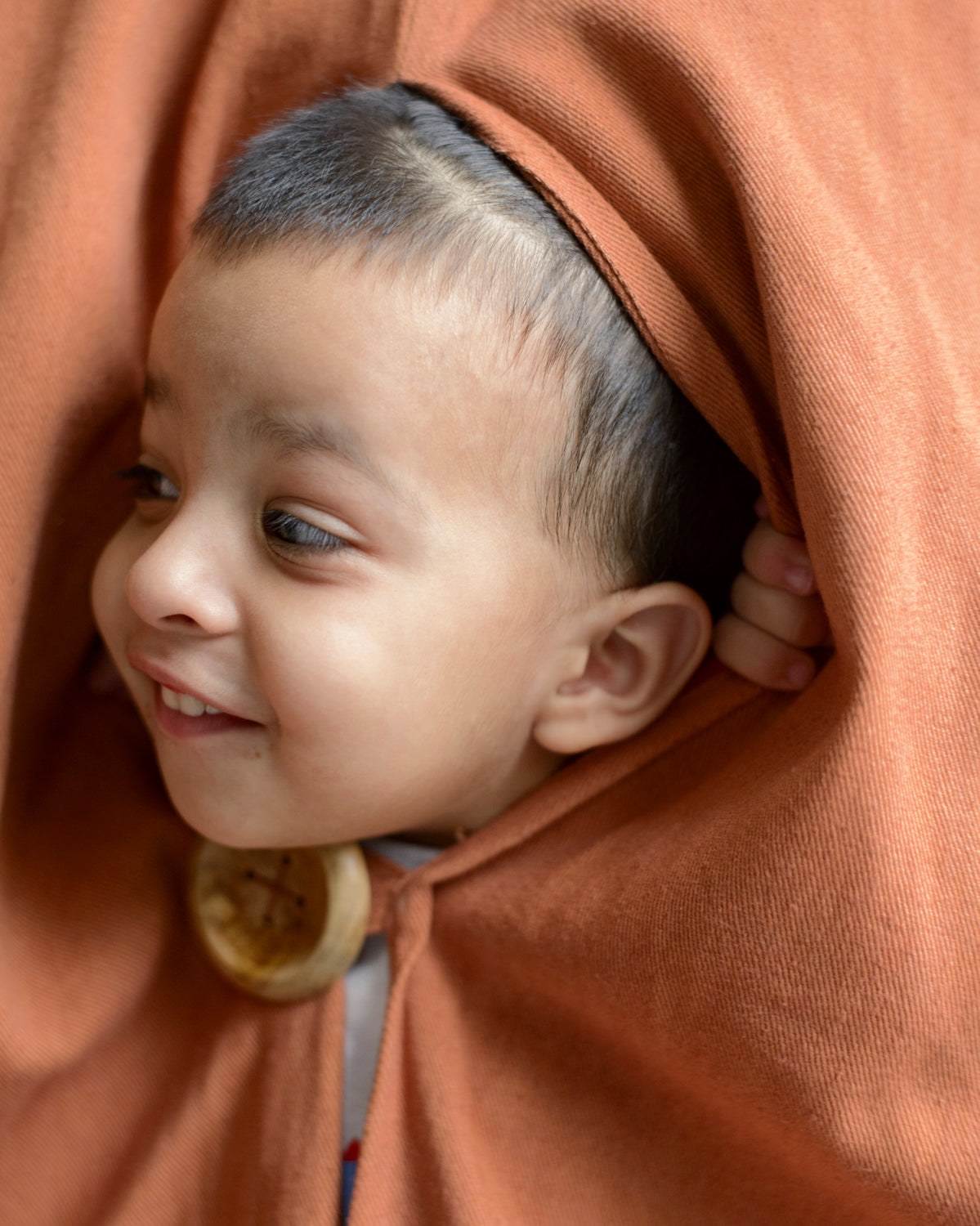
One can be sure that children will find ways to entertain themselves, no matter where they are. It's a given that they'll usually cook up something magical in their minds at every opportunity. My cousins and I were no exception. In fact, living in a joint family had great perks since every day served up a buffet of options for play:
- Flying a plane around the world with my littlest cousin as co-pilot -- we'd set up our cockpit, equipped with an array of panels and maps of every imaginary place possible and go hopping around the world
- Becoming a farmer with my younger cousins -- we had our own secret language and also special farming techniques, particularly favouring the creation of greenhouses for our exotic produce.
- Solo adventures would find me wriggling through a tunnel, looking for Tutenkhamen’s treasures or dinosaur bones or just escaping from some appropriately horrible monster.
- On the rare occasion we weren't fighting, I'd join in playing market with my elder sister and her friends -- setting up a stall and assorted accessories for our 'Super Market' as we sold the best wares in town, haggling over every last imaginary penny.
Tent Houses provide a core around which to build play
Despite the vastly different premise of each game, there was one thing in common: a structure or core around which we built the multiple layers of the game's narrative. The structure would typically be some kind of canopy or a tent house and was capable of some incredible shape-shifting: house, cave, mine, shop, ship, submarine, cockpit, helicopter, racing car, petrol pump, police station, farm, fruit stall, dark cave, hidden passageway, forest canopy -- the possibilities were endless.
This phenomenal use of imagination starts early for all of us. As children go through different forms of play they begin observing their world very closely and use it to create imaginary worlds for themselves. Whether it's drinking tea out of an empty cup, feeding their teddy a spoonful of honey, or using a cardboard box as a passenger train for their toys, symbolic play becomes a mainstay of children playing. As they move through the six stages of play, as outlined by sociologist Mildred Parten, children are not only developing their cognitive abilities but also setting themselves up for basic literacy and numeracy skills. This goes hand in hand with the development of their social skills as well. By the time children have reached the final two stages of play: associative and cooperative, they're well on their way to understanding their place in the larger scheme of things and are able to spend time socialising with their peers.
Learning how to navigate social relationships
Once they understand that there are some unspoken rules of play, children soon realise that it's in their best interest to work with others to enjoy their playtime in the best way possible. A tent house becomes a great place for children to learn many valuable skills, including taking turns, sharing, being respectful of boundaries, and cooperating at many different levels.
Creation of a ‘my space’
Using a tent house alone has its benefits too. Children work up magical stories on their own to spend their time. The tent house can become a den for all kinds of jigsaw puzzles, colouring books, and open-ended toys. Children sometimes also need to escape from the real and complicated world of adults. A tent house can be a wonderful little corner where they can learn to have some quiet time of their own. What's better than a cool cave for yourself when you're pretending to be a dangerous tiger from the deepest and darkest forests around!
The versatility of tent houses draws children towards them automatically. Whether it's a makeshift one or a more permanent structure, a tent house can provide for endless possibilities when it comes to playtime. From going off on solo adventures in the mind, running through and around a fort with a sibling, or creating a mini-society with a group of friends, tent houses are great for children of all ages. In fact, I bet a lot of parents would be all too happy to take a break from their next Zoom call and have some pretend play down at the tent house!
This article is part of our series on choosing gifts or return gifts for kids. From return gifts for birthday parties, to toys for newly born babies, to gifts for birthdays or Diwali or Christmas - gift giving can be a complex affair - with deep implications on development as well as joy or heartbreak for the little tyke in question.
This series and our collection of toys for kids hopes to help you navigate this!




Leave a comment